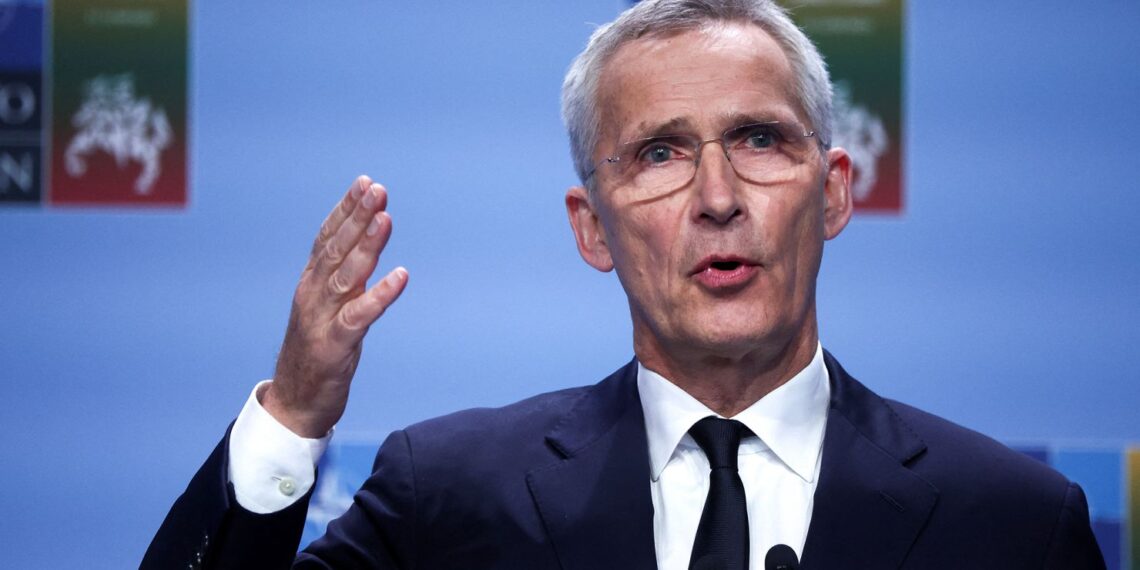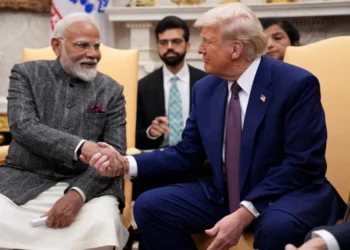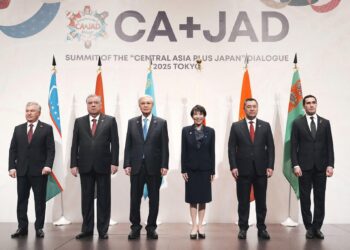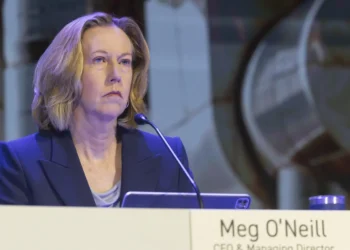OSLO (Realist English). Norway has temporarily suspended its ethical investment framework to prevent its $2.1 trillion sovereign wealth fund — the world’s largest — from being compelled to divest from Amazon, Microsoft, and Alphabet, following mounting controversy over the companies’ work with the Israeli government.
Finance Minister Jens Stoltenberg told the Financial Times that the decision was prompted by concerns from Washington, which had warned Oslo after the fund sold its stake in Caterpillar, whose bulldozers were reportedly used in Palestinian territories.
The centre-left government fast-tracked an emergency proposal through parliament on Tuesday, effectively freezing the operations of the fund’s independent ethics council, which advises on exclusions and divestments.
According to Stoltenberg, the council had been preparing to review several major technology firms, including Amazon, Microsoft, and Google’s parent company Alphabet, as well as other corporations named in a July UN blacklist. A report by UN special rapporteur Francesca Albanese accused the tech giants of providing Israel with “virtually government-wide access” to cloud and AI technologies, bolstering surveillance and data analysis capabilities.
“It is obvious that the existing framework could have led to an independent decision to withdraw from some of the largest companies in the world,” Stoltenberg said. “That would undermine the fund’s purpose as a broad, diversified global investment vehicle.”
The move follows months of political turbulence over the fund’s investments in Israel, which led to the sale of half of its Israeli holdings and Caterpillar shares amid domestic outcry over the Gaza war.
Under current rules, the fund’s ethics council makes recommendations to Norway’s central bank, which manages the fund and holds the final say on divestments.
Stoltenberg — who previously served as NATO secretary-general — warned that divesting from the U.S. technology sector, which represents over 15% of the fund’s equity portfolio, could undermine Norway’s index-based investment model and, by extension, its welfare system, which relies on the fund for roughly a quarter of the national budget.
The parliamentary vote passed only with the backing of the centre-right opposition, while left-wing parties denounced the decision as a betrayal of ethical standards.
“It means that if you are big enough, you can do whatever you want,” said Arild Hermstad, leader of the Green Party.
Kirsti Bergstø, head of the Socialist Left Party, accused the government of “making decisions to accommodate [U.S. President Donald] Trump and tech oligarchs rather than uphold Norway’s moral conviction not to invest in genocide.”
Stoltenberg also revealed that a broader review of the fund’s ethical guidelines would consider whether to lift restrictions on investments in defence companies, including Boeing, Airbus, BAE Systems, and Lockheed Martin, which are currently excluded due to their involvement in nuclear weapons programs.
“This is at least a paradox,” Stoltenberg said, referring to Norway’s reliance on NATO’s nuclear umbrella and its recent £10 billion warship deal with BAE Systems. “We face serious dilemmas as one of the world’s largest sovereign wealth funds. There are no easy answers — but we must handle them better than before.”
In a brief statement, the Ethics Council welcomed the review, noting “political disagreement surrounding companies linked to Israel and Gaza” and emphasizing its commitment to maintaining transparency and accountability in the fund’s investment oversight.


















